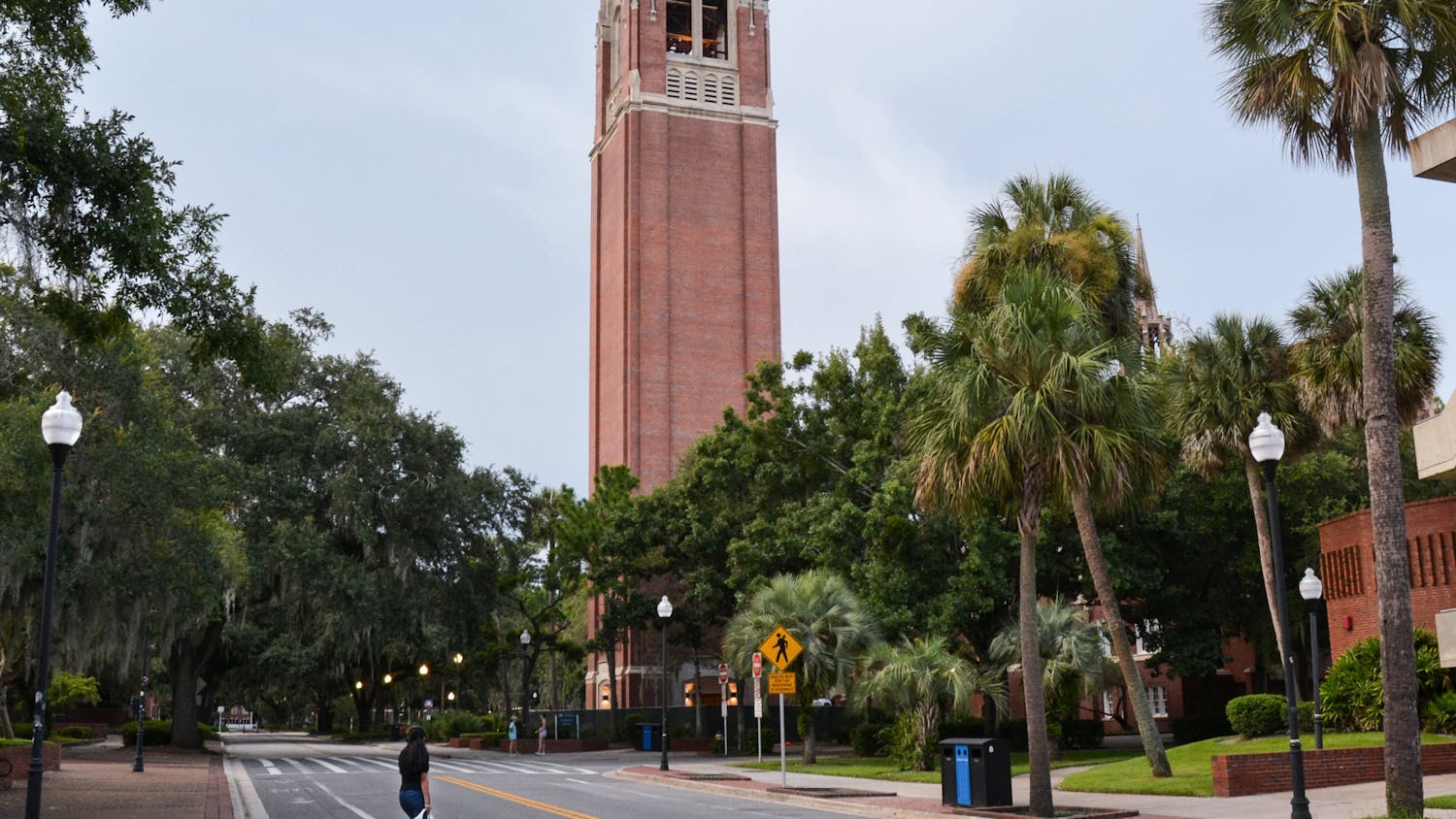A UF engineering instructor has received funding to study a compound that could potentially make solar energy more affordable.
Materials science and engineering associate professor Jiangeng Xue will work on the light powered technology project with researchers from two other universities. Their research aims to test barium silicide, a compound of barium and silicon found in Earth’s crust.
Little is known about the barium silicide compound, and its application for solar power has not really been studied. The abundance of both barium and silicon could make solar cells cost-effective.
The compound also could be promising in terms of harvesting sunlight, being a semi-conductor and transporting the electric charge carriers.
Xue stressed the necessity for cheap, clean energy to compete with fossil fuels.
“Overall, it is really important to find a low cost resource,” Xue said. “The question is further lowering the cost and driving the efficiency up.”
The Scialog Collaborative Innovation Award from the Research Corporation for Science Advancement is funding the project. The corporation funds high-risk and potentially high-reward research.
“When [the research] does succeed, the results can trigger major changes in technology and, occasionally, even in our fundamental understanding of nature,” said James M. Gentile, president and CEO of the corporation.
Xue and his UF students will be working on the solar cells themselves. Meanwhile, a team from the University of Illinois at Urbana-Champaign will focus on the computer calculation of the compound’s properties. A team from the University of Wisconsin-Madison will research the chemical synthesis of the materials.





